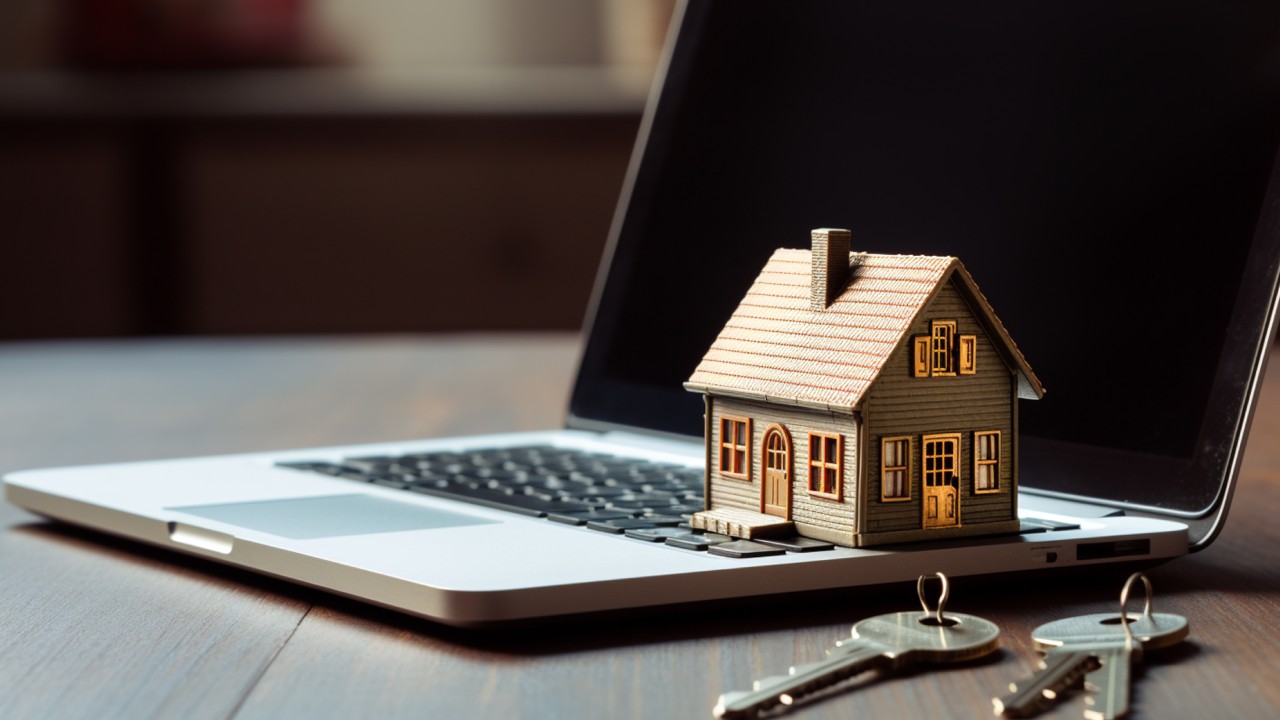Published October 1, 2024
The Ultimate Guide to Selling Your Home

Selling your house can be both thrilling and intimidating. You must consider many aspects, such as deciding the best time to list it for sale or how you might increase the worth of your property. This article on selling your home is ready to help you understand each step involved, providing professional advice and strategies for a trouble-free transaction. Snoqualmie Valley Real Estate is here to help if you are curious about the steps involved in selling a house or need guidance on selling your home more quickly.
Navigating the Home Selling Process: Tips for a Smooth Sale
Selling a house can be divided into various essential steps for a successful sale. Being aware of these stages assists you in preventing unexpected situations on the journey.
Getting Ready for Sale: Before putting your house on the market, ensure it is ready for potential purchasers. This encompasses clearing clutter, tidying up, and carrying out critical repairs or enhancements.
Engaging a Real Estate Agent: A competent real estate agent can guide you through the selling process, assist in correctly pricing your house, and manage negotiations.
Establishing the Cost: Deciding the accurate price for your house is vital. If it's too high, it could stay in the market longer than needed; if it is too discounted, you risk losing potential profit.
Marketing Your House: The agent you hire will create a marketing strategy to connect with prospective buyers. This could involve listings on the internet, hosting open house events, and using professional photography services.
Getting Offers and Negotiation: When an offer (or several offers) comes, your agent will help you discuss the terms that best suit your needs.
Finalizing the Sale: The last step is finalization, completing all documents and passing your property ownership on to the purchaser.
All these stages have their individual timeframes for selling a home, but the process can usually take 30 to 90 days.
Residential vs. Commercial Real Estate: A Comparison
Knowing the difference between residential and commercial real estate is very important when you sell property. This article focuses on selling your house (which falls under residential real estate), but it's also good to understand how these two markets are different.
Residential Property: This includes selling houses, flats, and land that are planned for individual use. The market is highly affected by local aspects like school zones, community facilities, and housing needs.
Commercial Real Estate: This refers to properties used for business activities. Examples include buildings for offices, spaces intended for retail operations, and industrial buildings. Usually, conditions like the number of jobs or the growth of businesses can determine the worth of commercial real estate.
When you sell a home, emotions may have more influence because it's usually a personal area. On the other hand, selling commercial property is generally focused on business matters. Knowing the differences between these two kinds of real estate can help you set a clearer sales strategy.
Expert Tips on How to Increase Property Value
Many crucial areas need attention if you want to increase your home's value before selling it. Minor enhancements can help attract potential buyers and guarantee the optimum selling price.
Curb Appeal: First impressions matter. Gardening, new door paint, and well-looked-after pathways can make your home look better for potential buyers.
Updates for Kitchen and Bathroom: Buyers usually pay attention to these two sections. By making your kitchen more modern or enhancing the fixtures in your bathroom, you can raise people's perceptions of your house's value.
Energy Efficiency: Consider incorporating features that save energy, such as windows with double panes, intelligent thermostats, or fresh insulation. These improvements can attract buyers who are conscious of the environment and assist in reducing utility expenses.
Neutral Paint Shades: A newly applied, unbiased color scheme throughout your house simplifies the process for potential buyers to envision their lives there.
Improvements for Function: Fixing things like dripping taps, changing old lighting apparatuses, and maintaining the heating and cooling system can help ensure your house is ready to live in.
These tiny but powerful modifications can significantly boost your property's worth and enhance the likelihood of a faster transaction.
Top Real Estate Tips for Preparing Your Home for Sale
Preparing your house for sale is crucial because it makes everything easier. Here are tips to make your home more appealing for those who might want to buy:
Declutter: Remove personal belongings and extra furniture to make the space more open and inviting. If necessary, consider hiring a storage unit.
Deep Clean: A clean home feels fresh and well-maintained. Don't ignore details such as windows, floors, and carpets.
Decorate Your House: Careful arrangement can alter how potential buyers see your property. New flowers, cushion pillows, and modest artwork could make your home welcoming and cozy.
Fixes: Make any small repairs before you put the house on the market. Potential buyers may be discouraged by dripping taps, damaged tiles, or peeling paint.
Professional Pictures: Most buyers initiate their search on the internet, making it crucial to have top-quality photos. You may want to consider hiring a professional photographer so your home can be shown from its best angle.
These steps ensure that your house is in prime condition, which is essential if you want to know how to sell your property quickly.
Learn How to Determine Your Home Value with Expert Guidance
Finding the right price is a critical part of selling your house. Your pricing strategy can significantly influence how fast your home sells. Here are several ways to identify the value of your home:
Market Evaluation: Your real estate agent will study the comparative market (CMA) to see how other houses in your locality are priced and what their recent sold prices were.
Web Valuation Tools: Numerous websites provide online calculators to deliver an approximate amount regarding your house's worth. However, these should be employed merely as a broad reference.
Appraisal by a Professional: Consider employing an authorized appraiser to get a more precise value. They will assess your home's condition, location, and size to determine its worth.
Area Trends: The worth of your house is affected by the flow in your local property market. Is the area popular? Are property values going up or coming down?
Collaborating with a skilled real estate representative is essential to determine the right price and prevent your property's pricing from being too high or too low.
How Long Will It Take to Sell My House?
Frequently, sellers want to know how long it will take to sell their house. There are a number of things that can influence the timeframe, including:
Location: Homes in desirable neighborhoods typically sell faster than those in less sought-after areas.
Condition: A well-kept and ready-to-live-in house will likely attract more attention than one that needs extensive fixing.
Market Situations: The property market can change. In a time when the sellers are in control, houses usually sell quickly because more people want to buy, and there are few homes for sale. But, if it is a buyer's market, you might need to wait longer for an acceptable proposal.
Costing: Houses that are priced on their market value usually sell faster. Homes that are overpriced are usually on the market for longer, while properties with competitive costs might get many offers.
You don't need to feel stressed about selling your house. If you use the strategies in this article and understand each step involved in the process, you can do it confidently. If you are ready to sell your home Snoqualmie Valley, please contact Snoqualmie Valley Real Estate today. Our group of skilled agents is available to assist in selling your house swiftly and effectively. We will be there with guidance at each stage!





